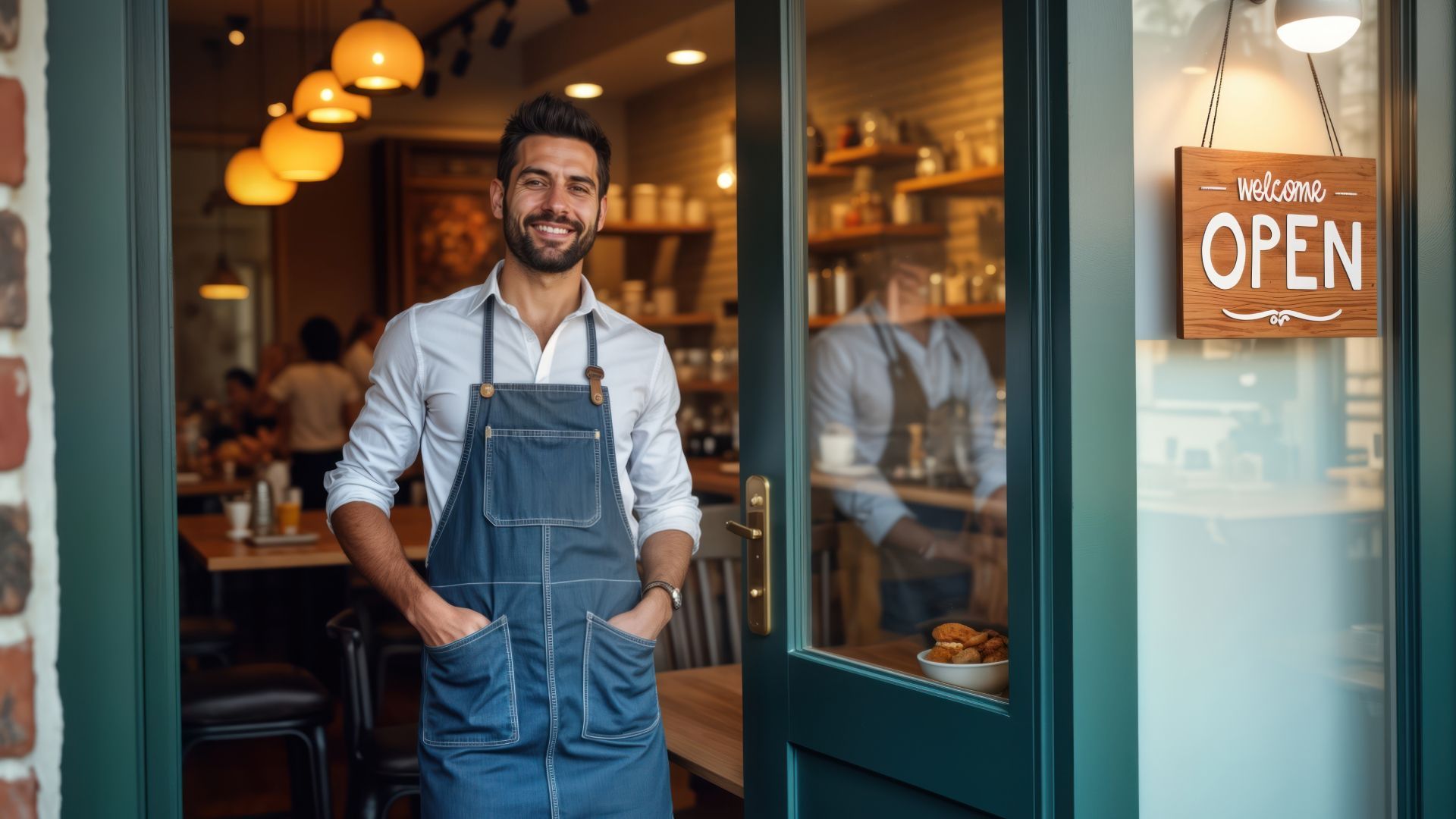Virtual Payment Cards: Transforming Transactions in the Hospitality Industry
Featuring Nick Stauff
Episode summary
In this episode of The Financial Advantage with GSS, host Nick Stauff explores how virtual payment cards can revolutionize accounts payable processes for restaurants and hospitality businesses. Guest Andrew Grunder from Corpay explains how this technology provides businesses with "free money" through rebates while improving security and streamlining payment workflows.
Andrew breaks down the differences between physical corporate cards, typically used for travel expenses, and virtual cards designed specifically for accounts payable. He details how virtual payment cards create float opportunities, enable fraud prevention, and generate cash back incentives—all while reducing the archaic practice of check writing that dates back to 1659.
For restaurant franchisees and hospitality businesses operating on tight margins, Andrew describes how implementing virtual cards can significantly impact the bottom line. A typical $10 million business could potentially see $25,000-$50,000 in additional revenue simply by changing payment methods, with minimal disruption to existing vendor relationships.
Ready to transform your restaurant's financial operations? Listen now to discover how virtual payment solutions could boost your bottom line with minimal disruption to your existing vendor relationships..
Guest-at-a-Glance

Andrew Grunder
Director of Strategic Sales
Corpay
Farm-raised financial technology expert transforming business payments in the hospitality industry.
Episode Highlights

Evolution from Checks to Virtual Cards
Timestamp: (00:03:35)
Nick and Andrew discuss how payment technologies have fundamentally changed since paper checks first appeared in 1659. Andrew explains how virtual cards represent the latest evolution in business payments, offering secure one-time use payment capabilities specifically designed for vendor transactions when traditional payment methods fall short.
"The first check, which is still a lot of payments run through a paper check in today's world, particularly when you think about hospitality and the cost of goods they're paying for, was written in 1659 in England, and we still write checks today for our businesses. What Corpay has done is enable us to basically with one fail swoop in accounts payable, pay every single vendor and supplier with a virtual card, not a piece of plastic."

Restaurant-Specific Payment Challenges
Timestamp: (00:13:10)
Andrew explains how the unique payment needs of restaurants can be addressed through virtual card technology. The discussion covers the complete procurement-to-payment operation, highlighting how restaurants can maintain control while streamlining their accounts payable processes through automation and integration with existing accounting systems.
"You have a secure one-time use, typically an exact amount that's being facilitated to the vendor and supplier. So if you have 50 vendors and you owe all of them a certain amount of money, that virtual card is designated and designed to pay exactly that invoice for exactly that amount with some type of expiration on it."

Calculating Bottom-Line Impact
Timestamp: (00:23:50)
In this segment, Andrew provides a practical formula for restaurant operators to estimate the financial benefits of implementing virtual cards. This straightforward calculation helps listeners understand the potential value relative to their business size.
"If you run round numbers, let's just use 10 million because I'm not a mathematician. Well, 5 million of your business is cost of goods sold. And 50% of that should be put on a card, in my opinion. So that's $2.5 million. If you say you get 1 to 2% back in cash, which is a pretty standard baseline, you're looking at 25 to 50 grand. You look at what a 25 to 50K bottom line impact would be on a business like that. It's unbelievable."

The Future of Payment Technologies
Timestamp: (00:34:45)
In the final portion of the interview, Andrew shares his vision for where payment technologies are heading, with particular focus on how artificial intelligence and automation will transform the accounts payable landscape for restaurant businesses in the coming years.
"What's going on in our world right now is artificial intelligence machine learning on transaction data. Optical character recognition technology has been around a little while now, but what it does is read invoices and transaction information and code it accordingly. There will be a time where you basically don't touch an invoice. You don't see an invoice, you just approve payment. That's where you'll see a lot of disruption in the back office of your industry."
You might also like

Subscribe to our newsletter
Get updates on the latest news across all
core inventory-related processes.





